Is Your Furnace Ready for a Hailey Winter? 5 Signs It’s Time for a Tune-Up
7011748352 • February 20, 2025
Winter in Hailey, Idaho, can be brutal, with temperatures often dropping well below freezing. The last thing you want is for your furnace to break down when you need it most. Regular maintenance can help prevent costly repairs and keep your home warm all season long. Here are five signs your furnace might need a tune-up before winter fully sets in.
## 1. **Uneven Heating or Cold Spots**
Do you notice that some rooms in your home are much warmer than others? Uneven heating could indicate a clogged air filter, issues with your ductwork, or a struggling furnace that needs attention. A professional tune-up can diagnose the issue and ensure every corner of your home stays cozy.
## 2. **Strange Noises Coming from Your Furnace**
Your furnace should run relatively quietly. If you hear banging, rattling, whistling, or squealing sounds, it could be a sign of a mechanical issue, such as a loose belt or a failing blower motor. Ignoring these noises can lead to more expensive repairs down the road.
## 3. **Unusual or Burning Smells**
A musty smell could mean mold in your ducts, while a burning odor might indicate an electrical issue. If you notice a persistent gas smell, **turn off your furnace immediately and call for emergency service**. A routine furnace inspection can catch minor issues before they become major hazards.
## 4. **Rising Energy Bills**
If your energy bills are climbing despite keeping your thermostat settings the same, your furnace could be working harder than necessary due to dirty filters, worn-out components, or inefficiency. A professional tune-up can restore your furnace's performance and help you save money on heating costs.
## 5. **Your Furnace is Short-Cycling**
Short-cycling happens when your furnace turns on and off frequently without completing a full heating cycle. This can be caused by a dirty filter, a malfunctioning thermostat, or an overheating furnace. A tune-up can pinpoint the problem and prevent unnecessary wear and tear on your system.
## **Schedule Your Furnace Tune-Up Today**
Don’t wait until your furnace breaks down on the coldest night of the year. At **Evans Plumbing, Heating, and Mechanical**, we offer professional furnace maintenance and repair services to keep your home warm and comfortable all winter long.
📞 **Call us today at 208-726-5261 to schedule your furnace tune-up!** Or visit our website to book an appointment online.
### **Stay warm, Hailey!**

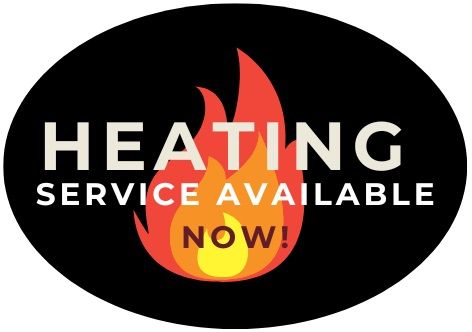
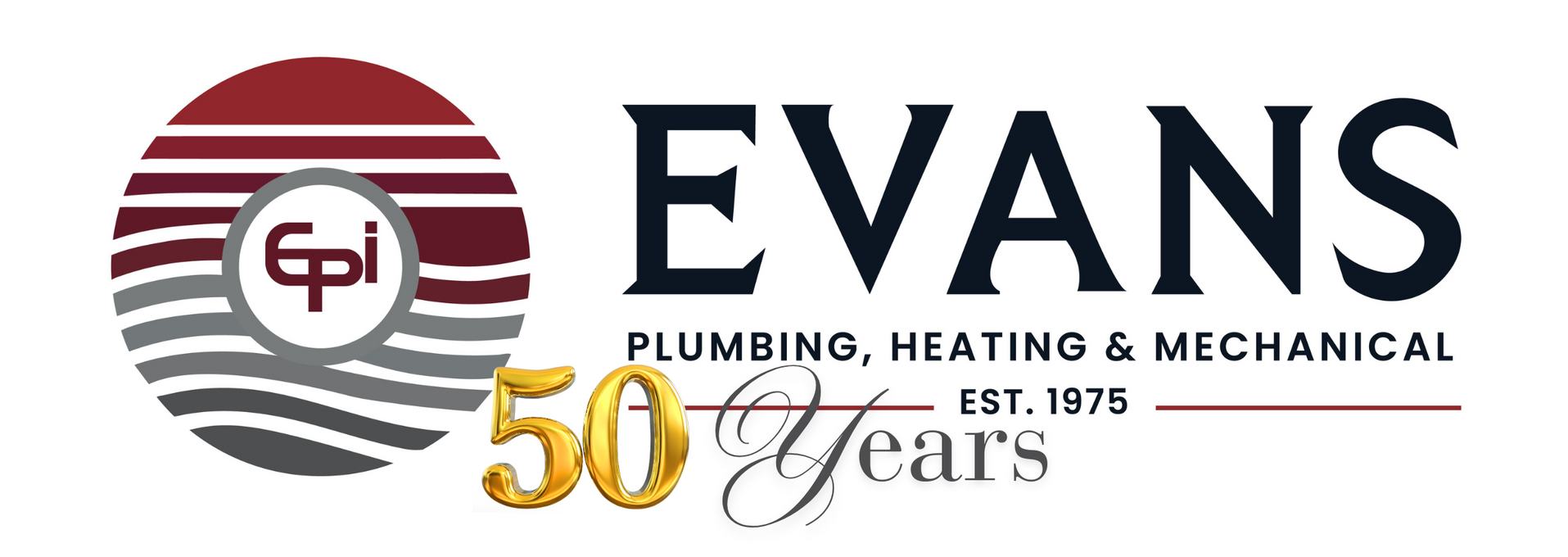
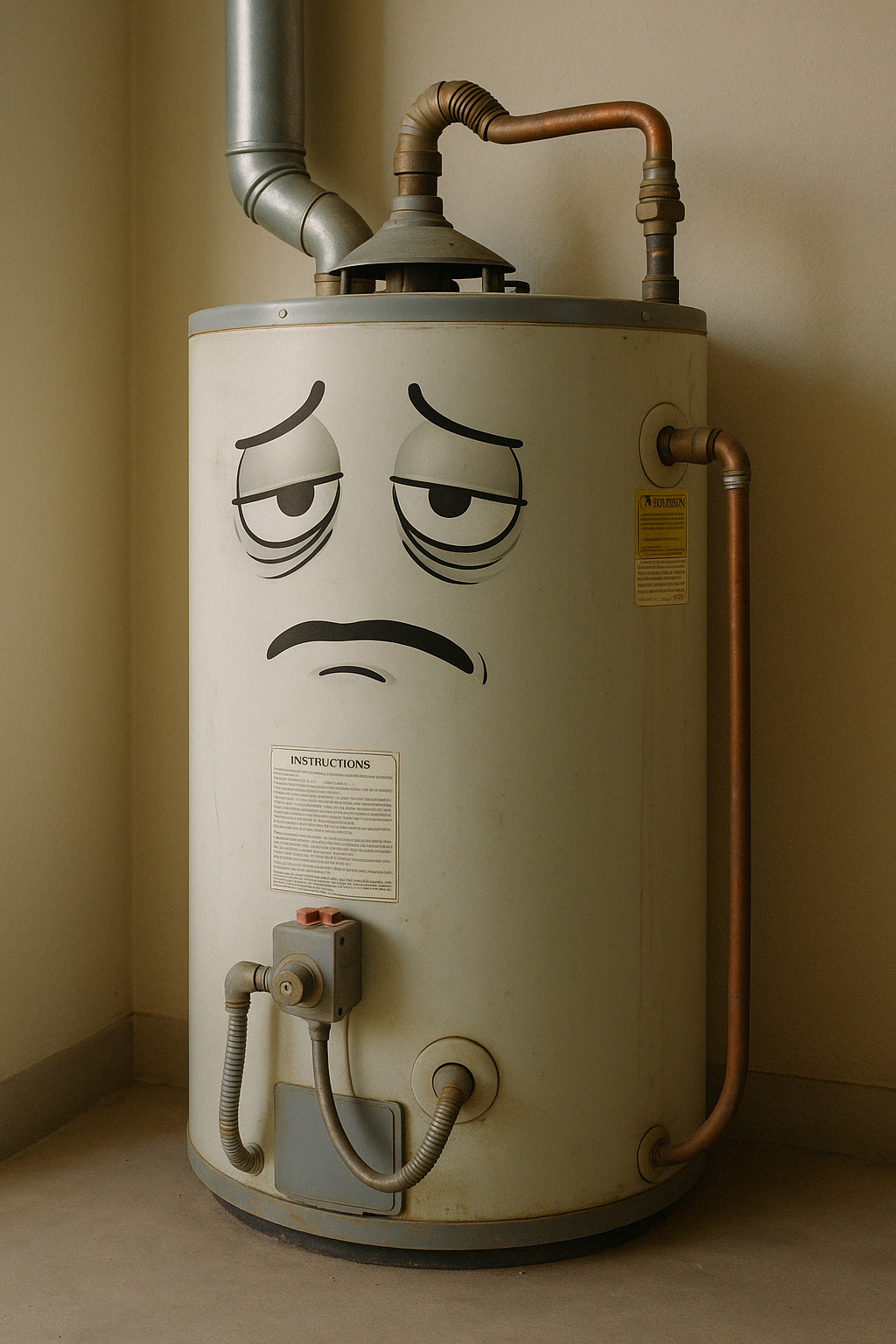
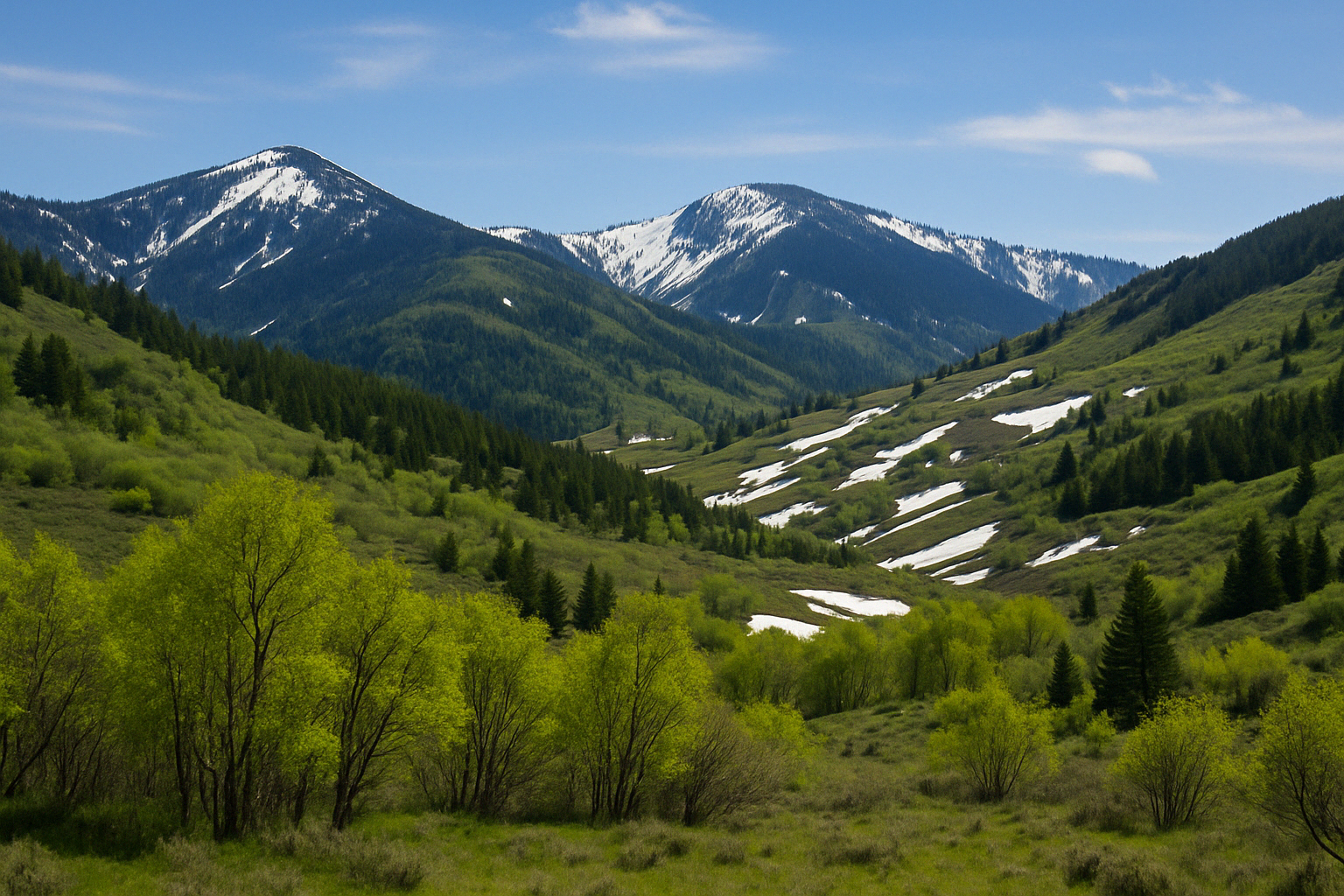
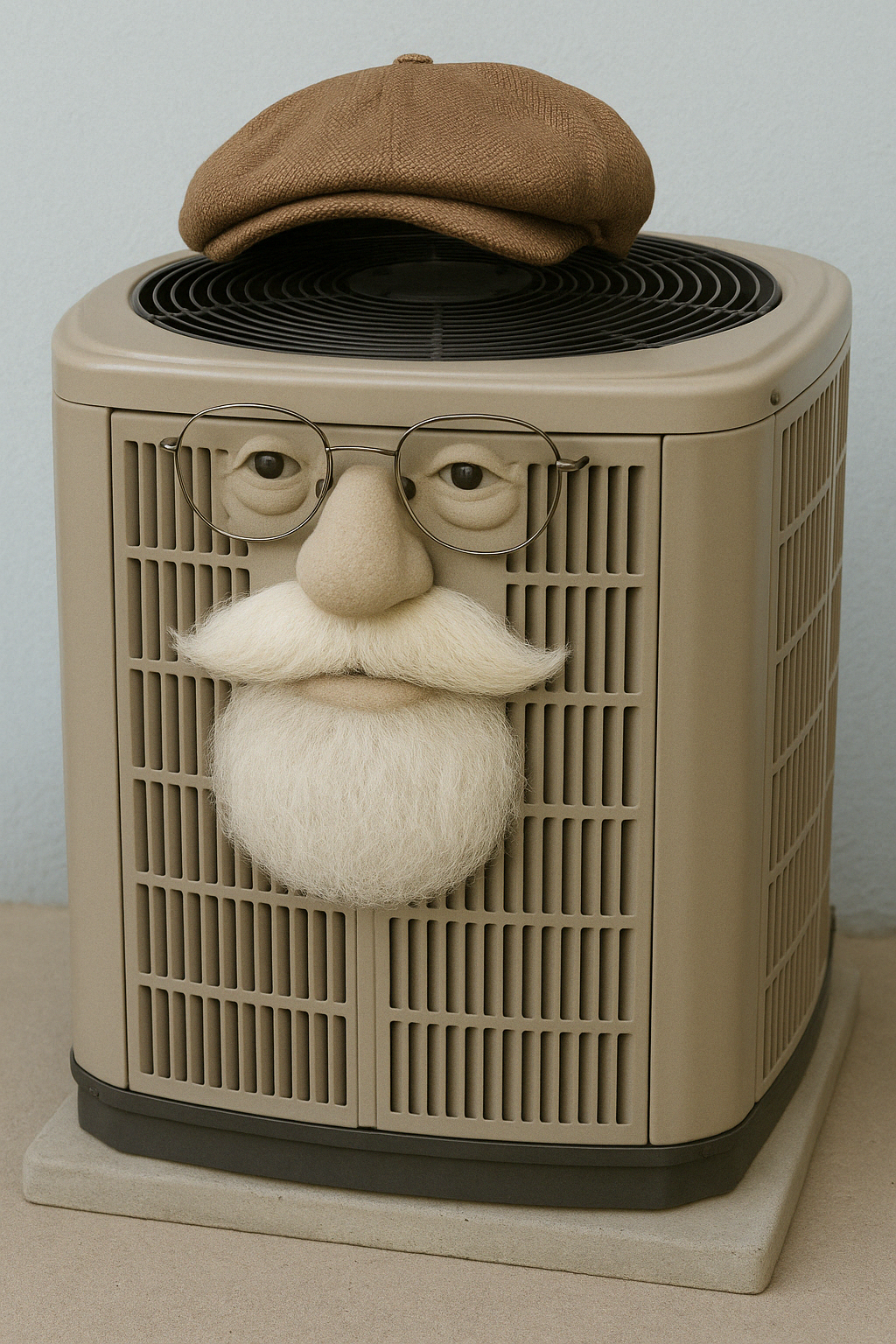
Share On: